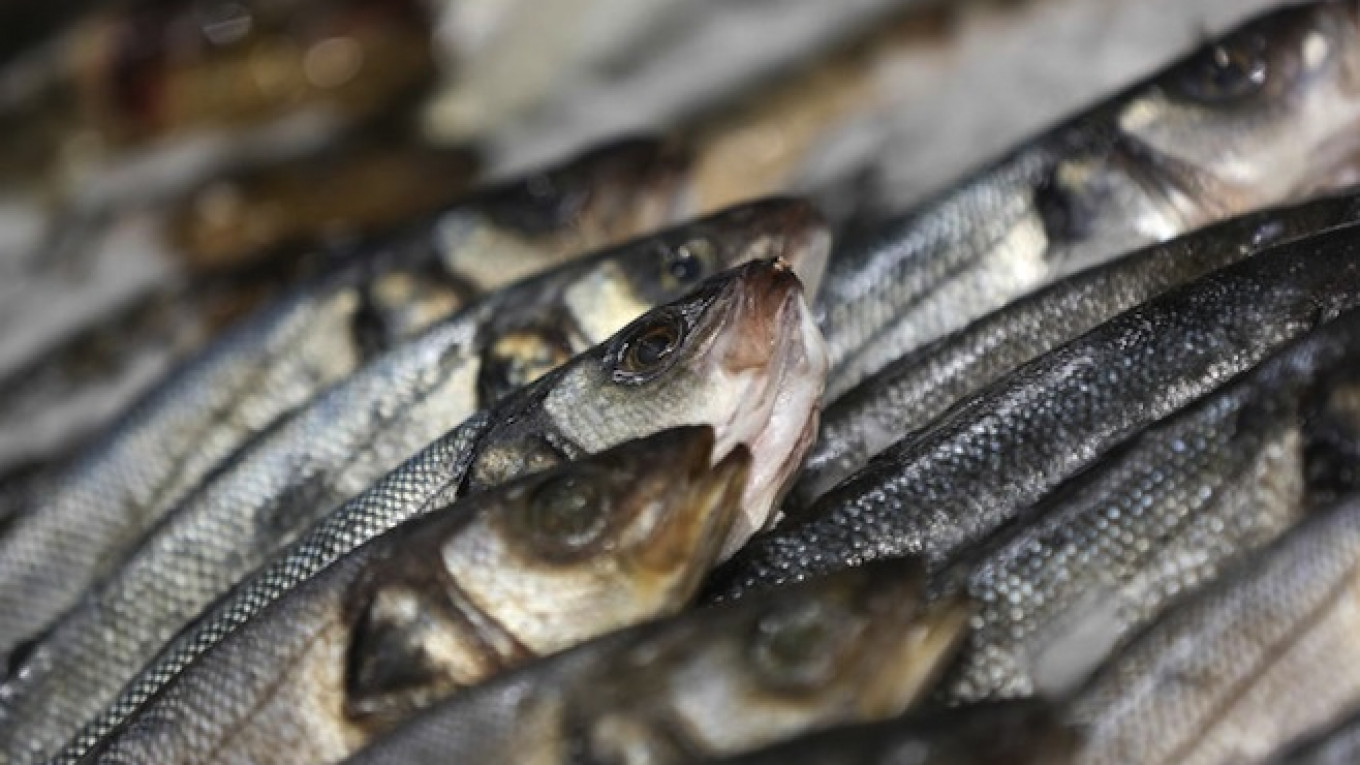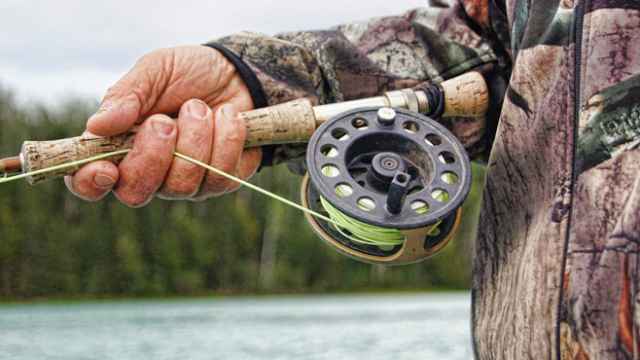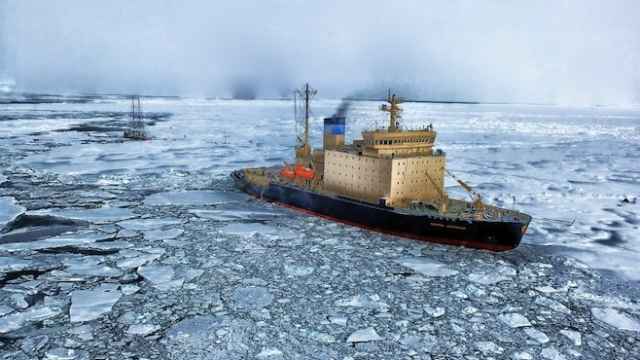Russia needs to create its own Asia-Pacific hub to store, process and trade seafood and fish, Agriculture Minister Alexander Tkachyov said on Thursday, the latest plan to protect domestic producers.
Relations between Russia and the West are at their lowest since the Cold War after sanctions were imposed on Moscow for its role in the Ukraine crisis. Russia retaliated by banning most Western food imports and turning instead to Asia, where President Vladimir Putin is visiting Beijing on Thursday to attend a military parade.
"Fish are our hard-currency export, our grain, oil and gas, our national heritage," Tkachyov told the Eastern Economic Forum in Vladivostok, the first event of its kind in Russia's Far East.
Putin has made localization across the Russian economy a priority. Inflation rose to 15.6 percent in July, year-on-year, on the sanctions, the food ban and a weak ruble.
Tkachyov said that a fish hub in Vladivostok should store, refine and trade fish and seafood and become a source of growth for the economy.
"We are the fish country. … We are unlikely to become leaders but we should be at least serious, second [biggest] players in the Asia-Pacific region," he told reporters.
The Tsukiji Market in Tokyo, in operation since 1935, is the world's biggest wholesale fish and seafood market, famous for its tuna auctions.
Tkachyov estimated the cost of creating the fish hub at between 20 and 40 billion rubles ($300-$600 million). "Given the crisis, of course, this is big money, hard to find, but I think this is our priority," he said.
The waters off Vladivostok, which Soviet leader Nikita Khrushchev was inspired to develop by a 1959 visit to San Francisco, have scallops, calamari, octopus among other seafood and fish. Still, shops are empty of most fresh seafood, which can be found only at isolated markets. A kilo of scallops would total around 1,800 rubles ($27).
"This is a bit too high for a regular dinner, even for the middle class," said Alexander, a taxi driver who has his own boat and goes fishing once a week. "Auctions, when fishermen can just sell their catch from the boat, would help both demand and price."
A Message from The Moscow Times:
Dear readers,
We are facing unprecedented challenges. Russia's Prosecutor General's Office has designated The Moscow Times as an "undesirable" organization, criminalizing our work and putting our staff at risk of prosecution. This follows our earlier unjust labeling as a "foreign agent."
These actions are direct attempts to silence independent journalism in Russia. The authorities claim our work "discredits the decisions of the Russian leadership." We see things differently: we strive to provide accurate, unbiased reporting on Russia.
We, the journalists of The Moscow Times, refuse to be silenced. But to continue our work, we need your help.
Your support, no matter how small, makes a world of difference. If you can, please support us monthly starting from just $2. It's quick to set up, and every contribution makes a significant impact.
By supporting The Moscow Times, you're defending open, independent journalism in the face of repression. Thank you for standing with us.
Remind me later.






